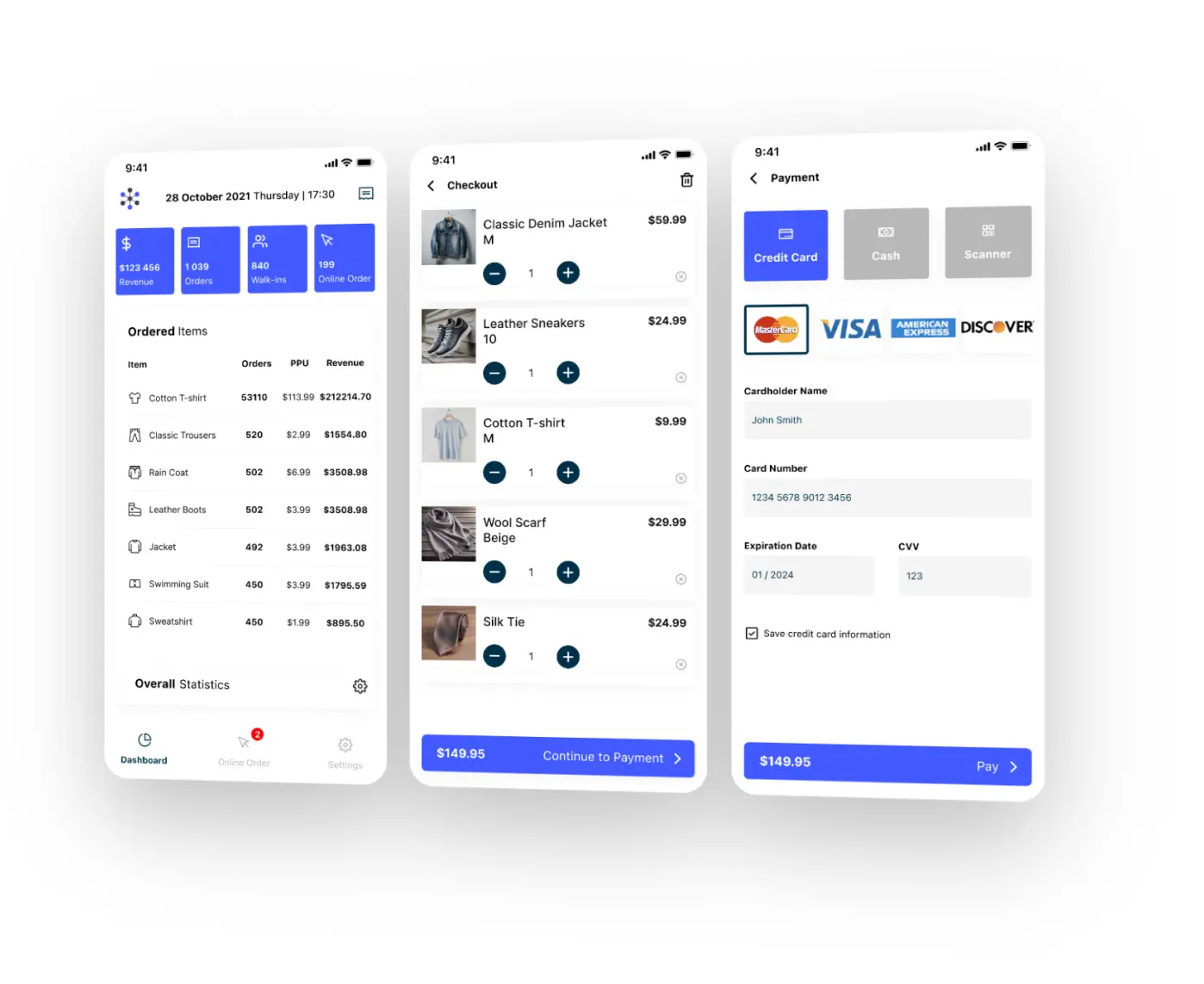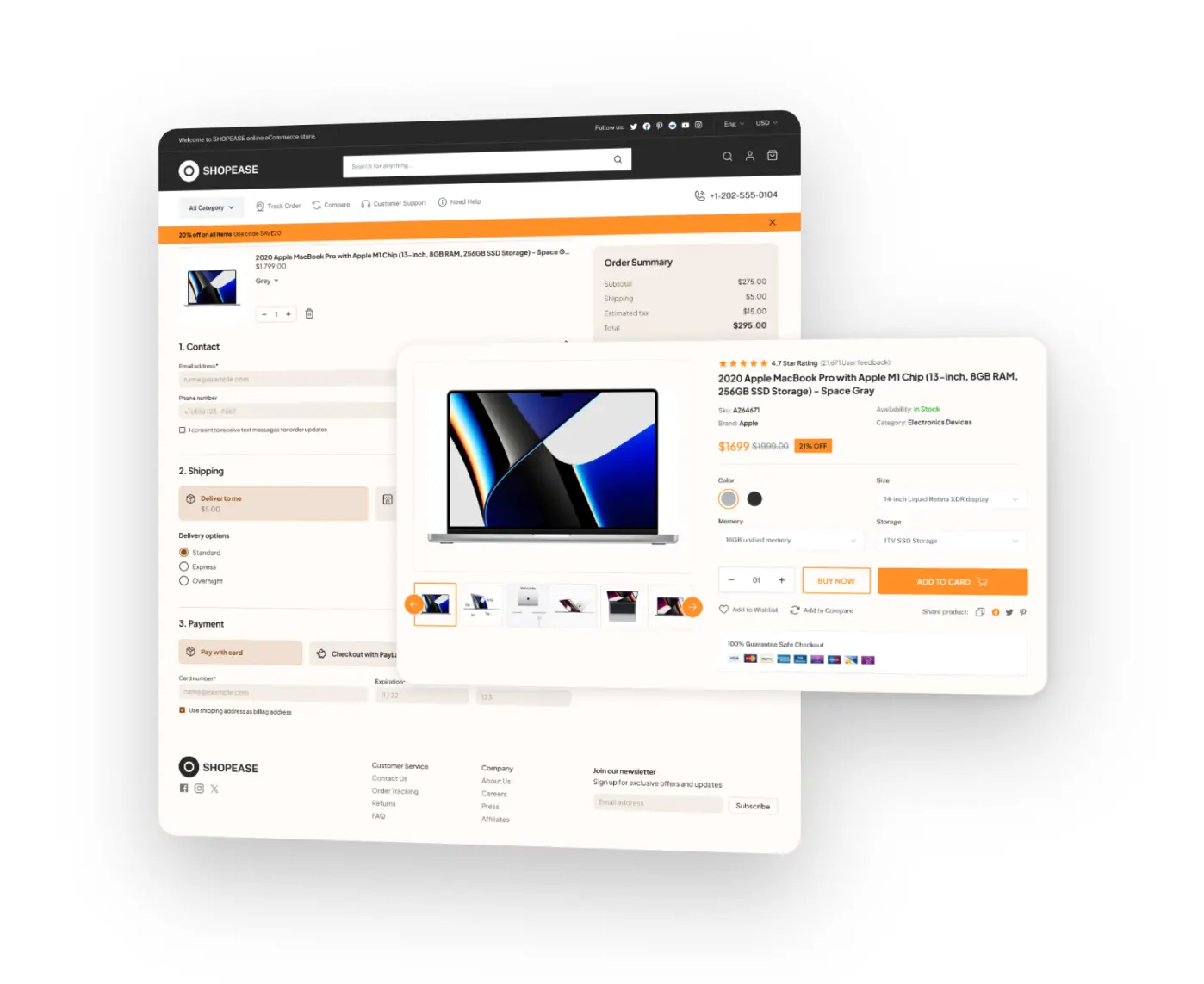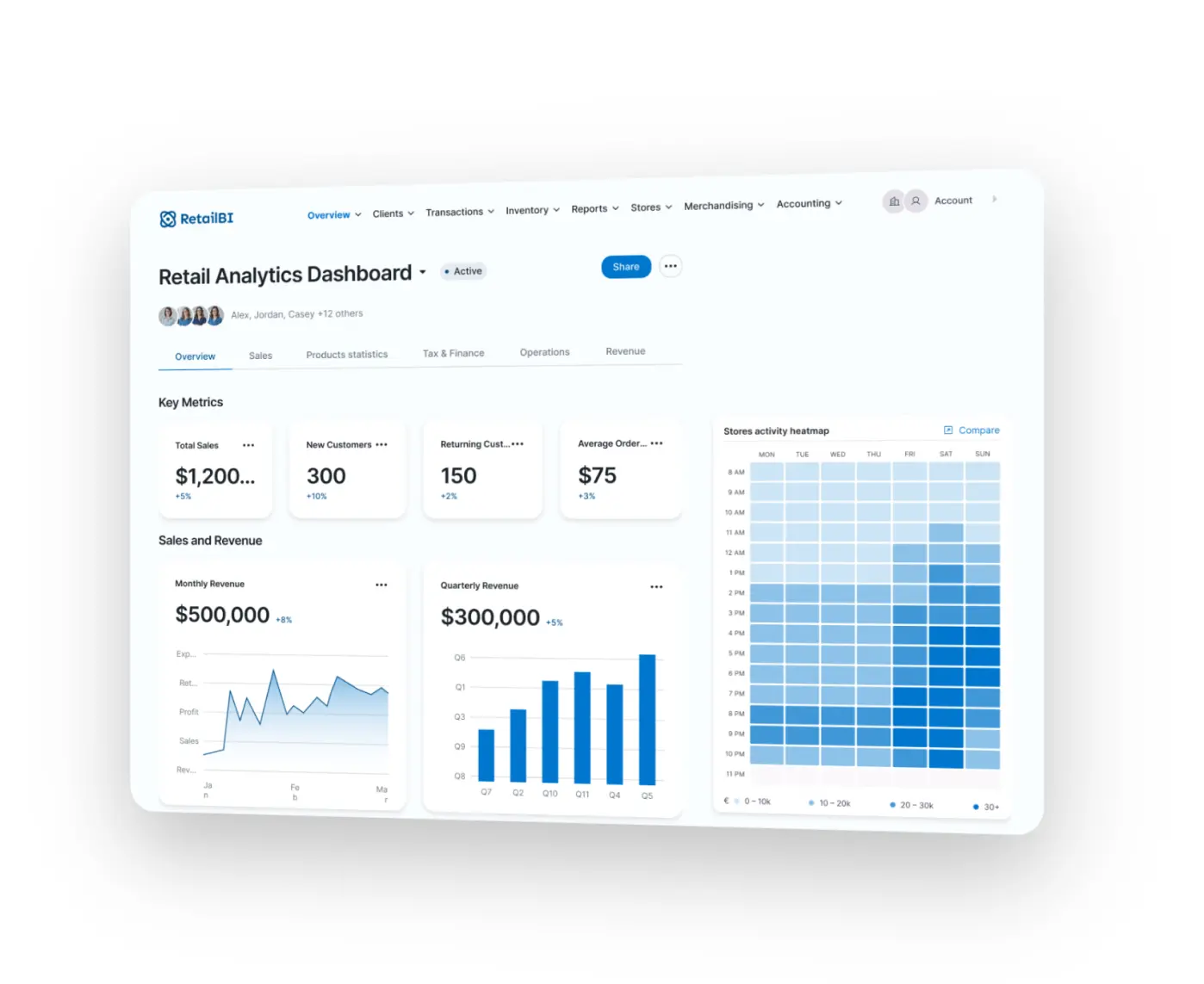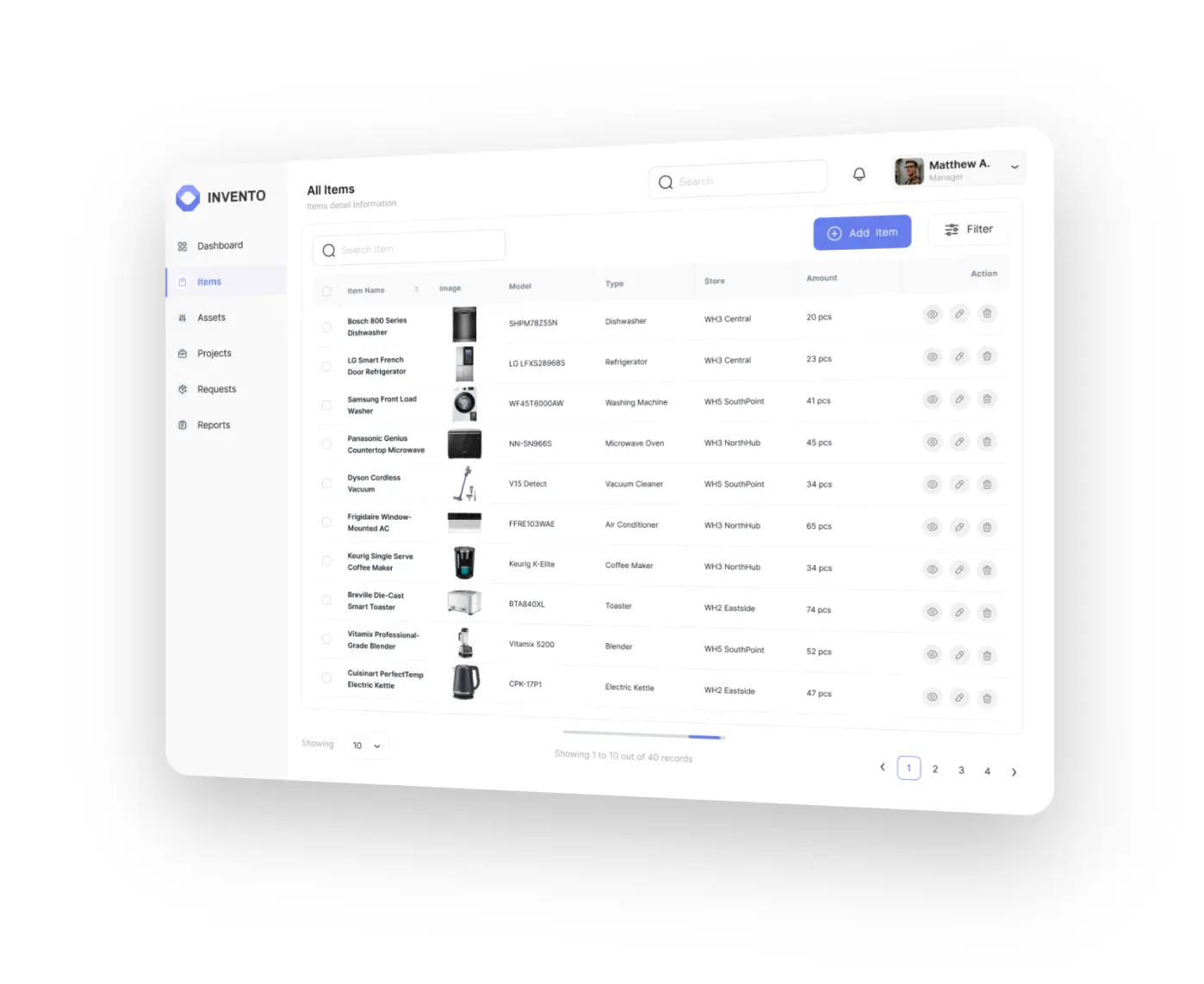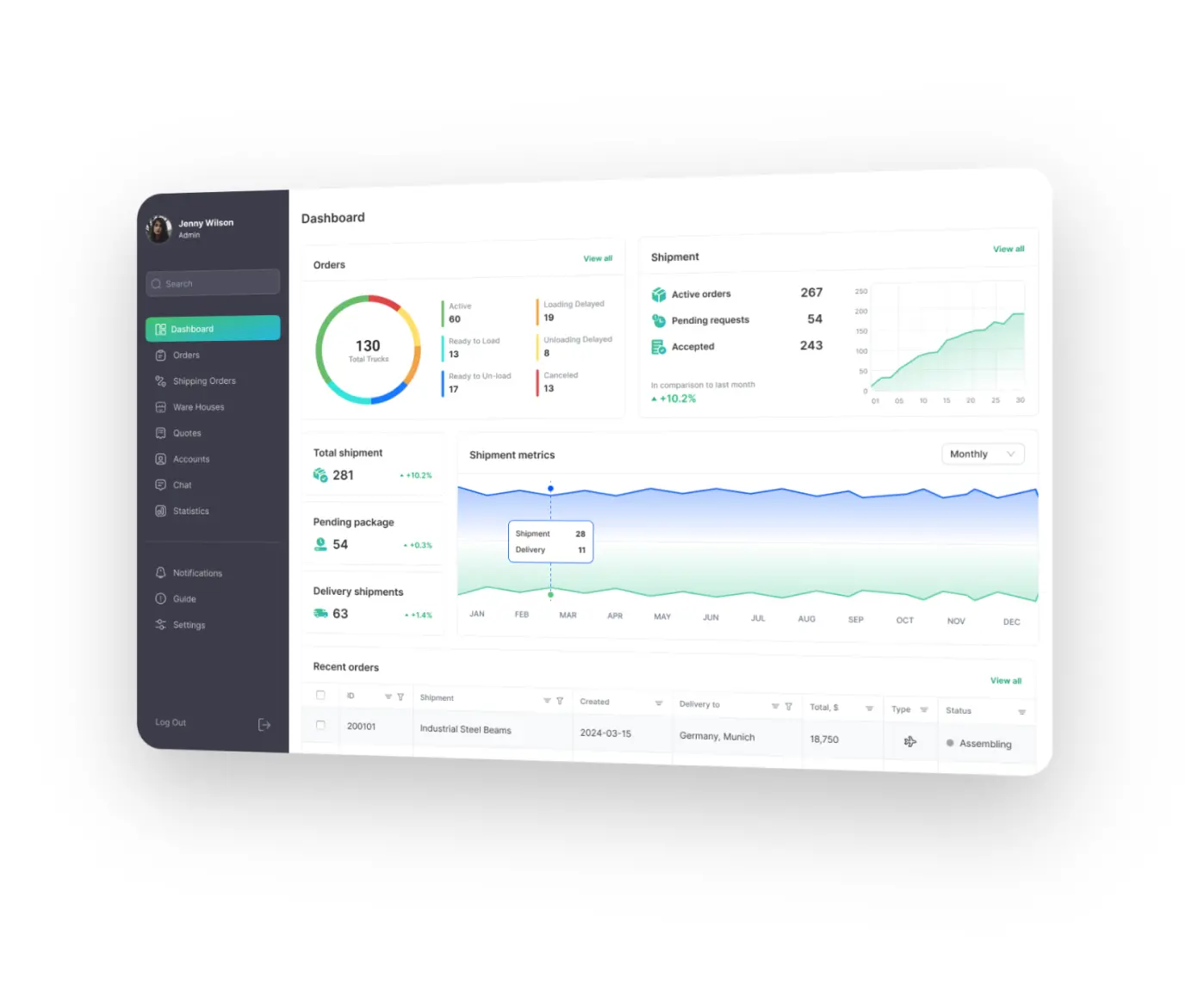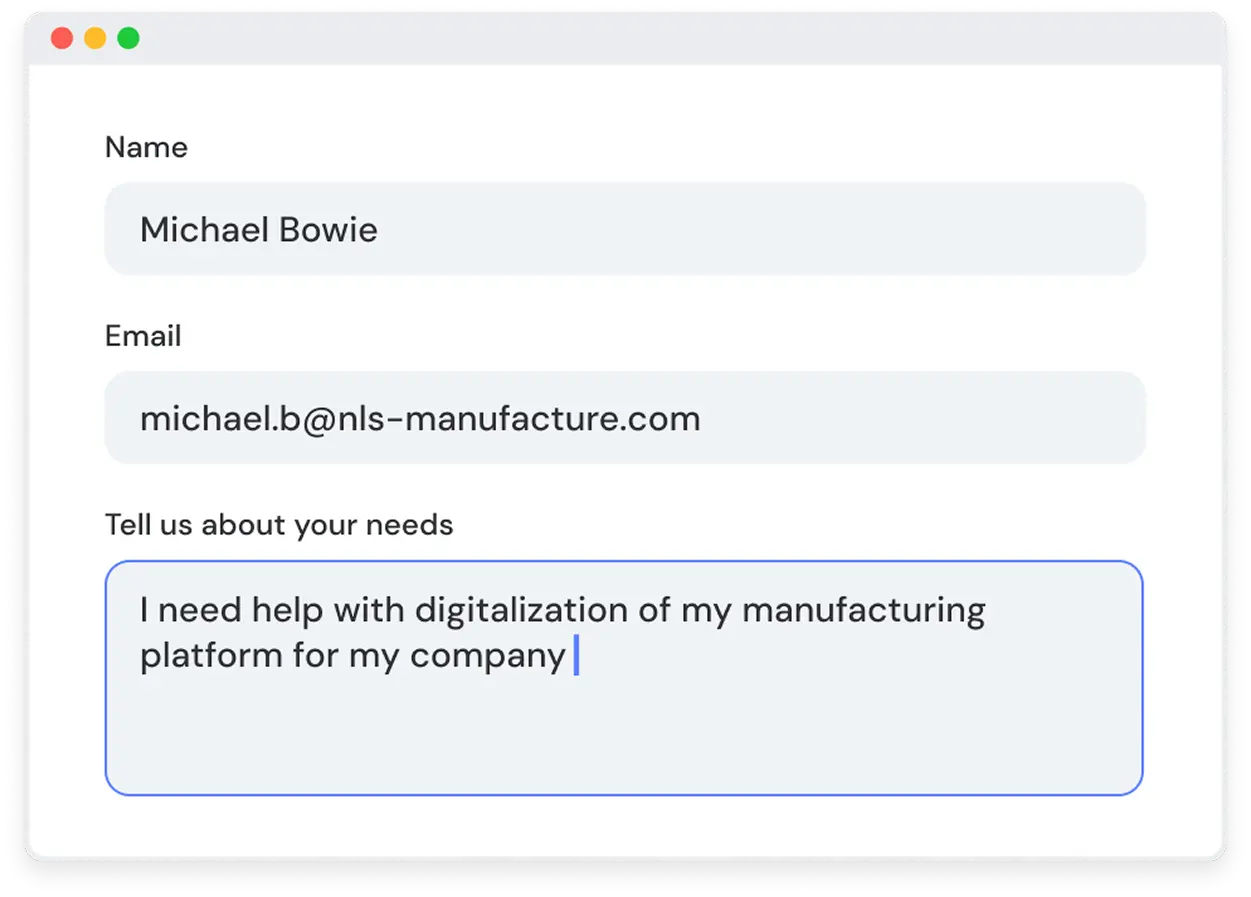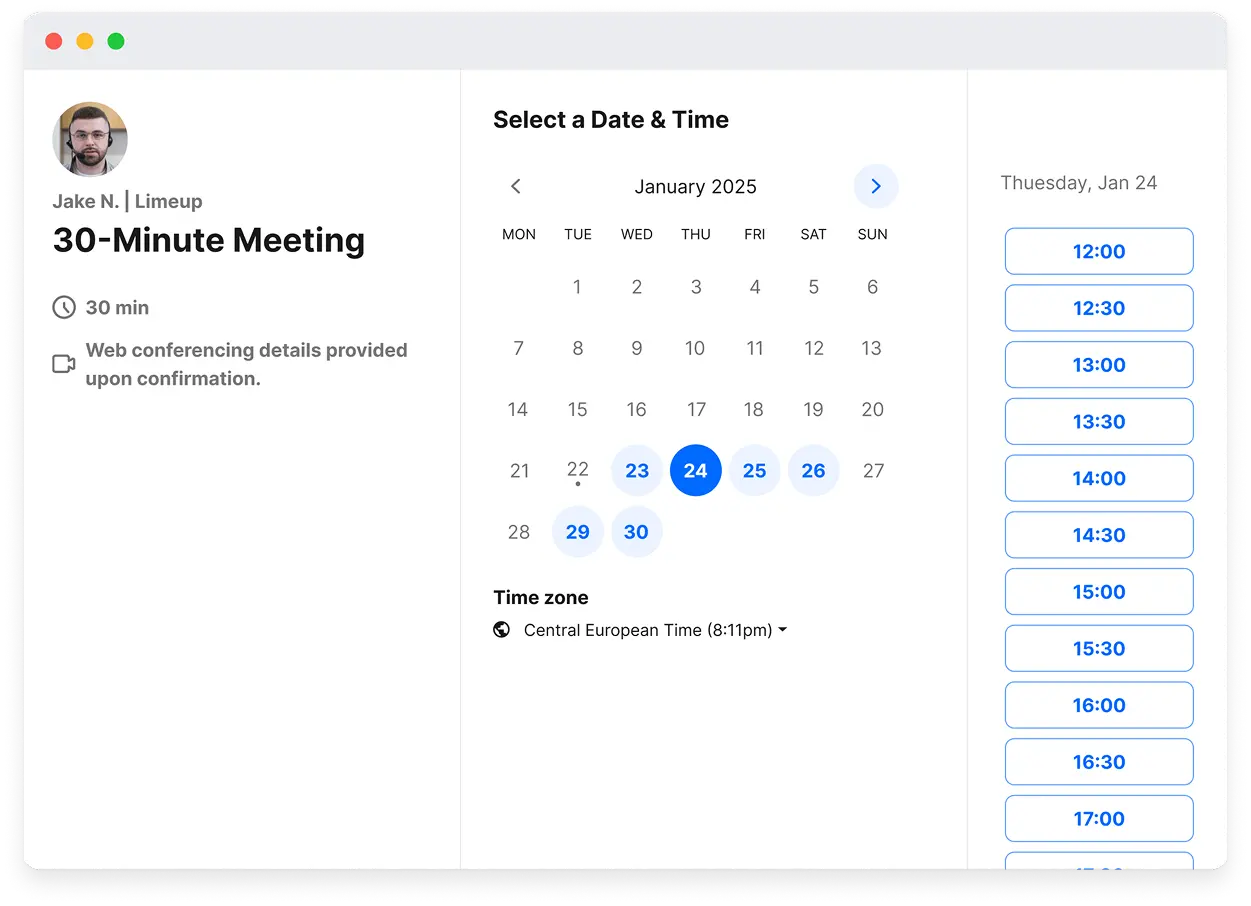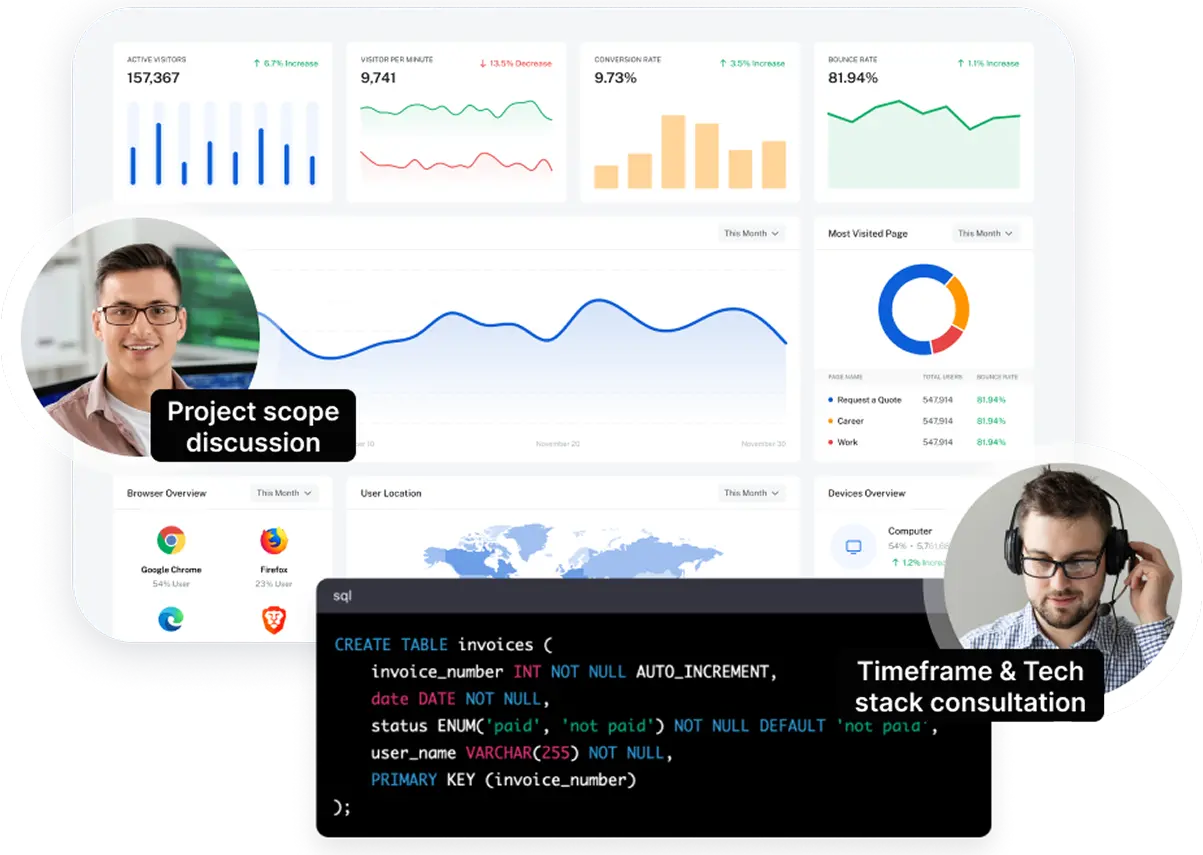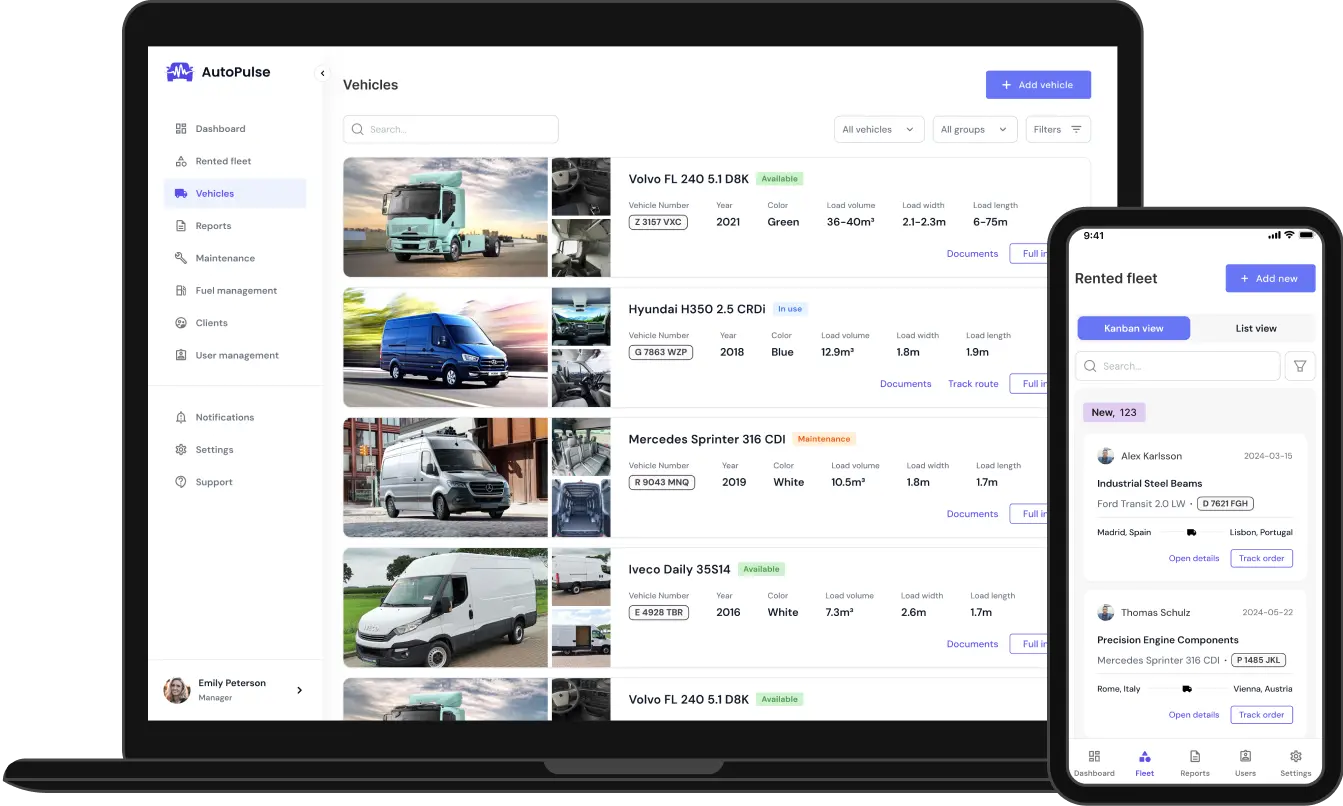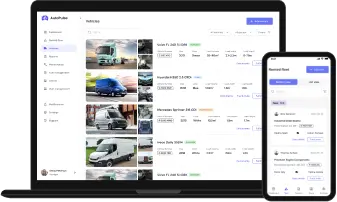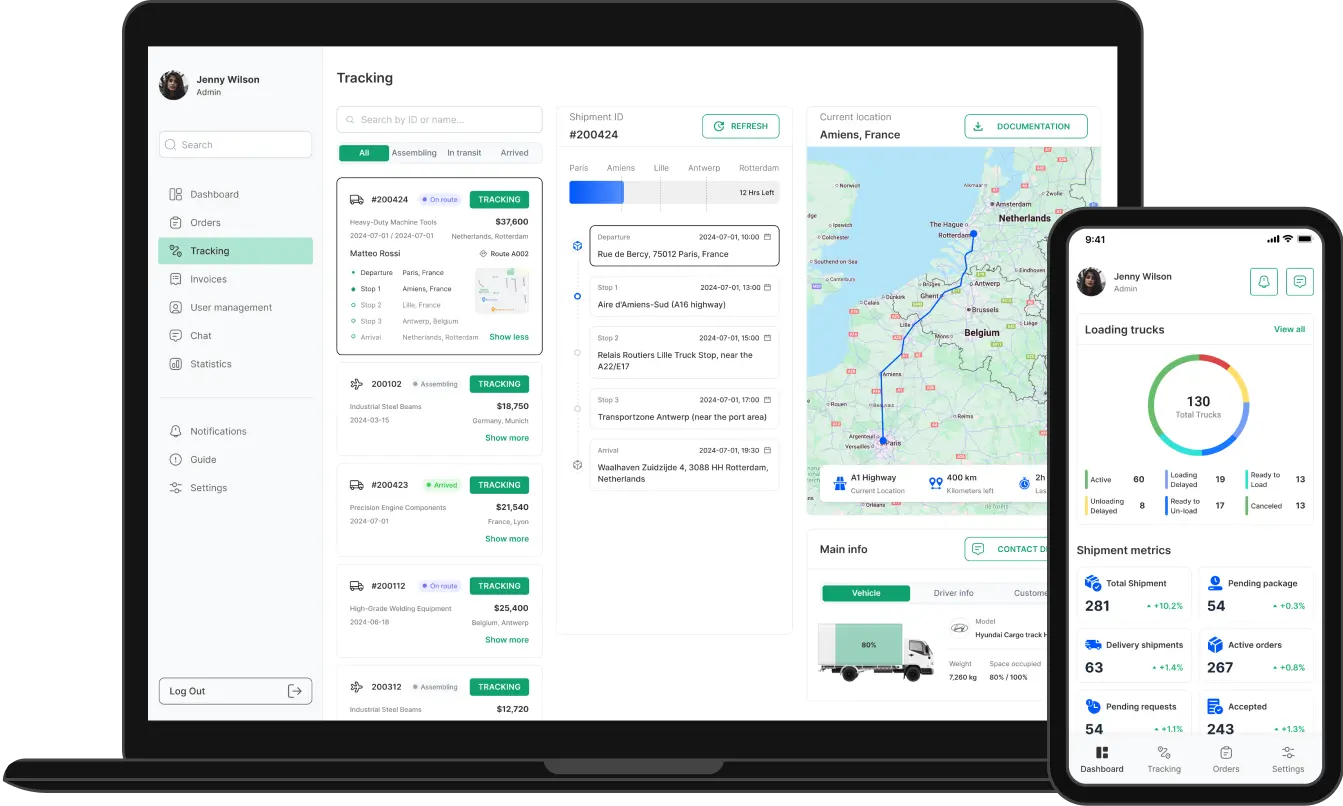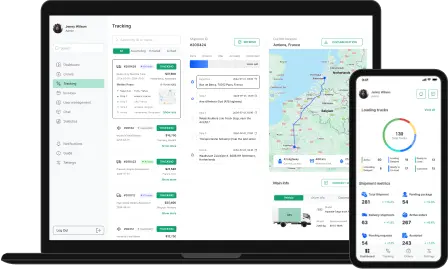What core features does Limeup offer in retail software?
Limeup’s retail solutions enhance every aspect of business management, from backend operations to customer interactions. The platform includes a range of features designed to maximise output and ignite expansion.
One of the core components is smart inventory management, which predicts demand, prevents overstocking, and automates restocking. This ensures retailers maintain optimal stock levels without unnecessary holding costs.
With omnichannel sales, company may synchronise online and offline transactions, creating a perfect shopping experience. Customers can browse in-store, purchase online, or use click-and-collect services without disruptions.
AI-powered personalisation refines user engagement by analysing real-time shopping behavior to tailor promotions and recommendations. This leads to higher conversion rates and improved consumer loyalty.
Automated pricing and discounts help retailers stay competitive by adjusting prices dynamically based on competitor trends, demand fluctuations, and historical data.
Advanced analytics provide deep insights into sales performance, foot traffic, and conversion rates, helping entities make data-driven decisions.
Finally, secure payment processing ensures transactions are protected against fraud, integrating with trusted payment gateways and complying with industry regulations.
Each feature is designed with flexibility in mind, allowing businesses to scale and refine functionalities as market conditions evolve.
How long does it take Limeup to develop custom retail software?
The timeline for developing custom retail software at Limeup depends on several factors, including feature complexity, system integrations, and the level of customisation required. Each project follows a structured development lifecycle to ensure precision and long-term viability.
- Discovery and planning (2-4 weeks). This phase involves in-depth business analysis, defining core objectives, and conducting a technical feasibility assessment to align the solution with strategic goals.
- UI/UX design (4-6 weeks). The design process focuses on user-centric wireframing, prototyping, and interface refinement, ensuring seamless interaction and advanced workflows.
- Development and integration (3-6 months). Core functionalities are engineered, system compatibility is validated, and integrations with third-party retail ecosystems are implemented for a cohesive digital framework.
- Testing and optimisation (4-6 weeks). Rigorous quality assurance is conducted to eliminate performance bottlenecks, enhance security protocols, and fine-tune system responsiveness.
- Deployment and ongoing support (continuous). The final solution is deployed with a focus on stability, scalability, and uninterrupted execution, supported by periodic updates and dedicated technical assistance.
For projects requiring expedited timelines, Limeup offers accelerated development pathways without compromising the integrity or adaptability of the final product.
How does Limeup ensure the security of retail software?
Limeup embeds security into every layer of its retail software, safeguarding transactions, data flows, and system operations against evolving threats. Our security architecture is designed to preempt vulnerabilities while maintaining compliance with stringent industry standards.
- End-to-end encryption. Sensitive data is encrypted both at rest and in transit, ensuring that unauthorised access is effectively neutralised.
- Multi-layer authentication. Access controls incorporate advanced verification mechanisms, including biometric authentication and two-factor authentication (2FA), to prevent illegitimate system entry.
- Regulatory compliance. Every solution adheres to global and regional security mandates such as GDPR and PCI DSS, ensuring data handling protocols align with legal and ethical standards.
- AI-powered fraud prevention. Rreal-time anomaly detection identifies irregular transaction patterns, proactively mitigating potential fraud and unpermitted activities.
- Continuous security audits. Periodic penetration testing, vulnerability assessments, and system-wide monitoring ensure that emerging threats are swiftly addressed.
By integrating dynamic security frameworks with proactive risk management, Limeup ensures retailers function with confidence, reinforcing the integrity of both corporate procedures and client relations.
How does Limeup ensure cost efficiency in development?
Limeup optimises development costs without compromising functionality, scalability, or long-term performance by implementing a structured and resource-efficient approach. Our methodology ensures that businesses receive a tailored solution that aligns with their budget while maximising value.
- Modular architecture. We shorten development schedules and eliminate redundant work through the use of code with multiple components and scalable frameworks, resulting in lower costs.
- Strategic technology selection. Our expertise in open-source and cloud-based technologies enables cost savings on licensing fees while maintaining robust performance and security.
- Agile development methodology. Iterative development cycles allow for continuous refinements, preventing costly rework and ensuring resources are allocated effectively throughout the project.
- Prioritisation of core functionalities. We focus on essential features first, enabling a minimum viable product (MVP) approach that delivers immediate value while allowing for future enhancements based on every need.
- Automated testing and deployment. We cut delays and reduce manual intervention by automating quality assurance processes, resulting in efficient resource usage.
Through a balance of innovation, efficiency, and strategic planning, Limeup delivers cost-effective retail software solutions that adapt to market shifts without excessive financial strain.
